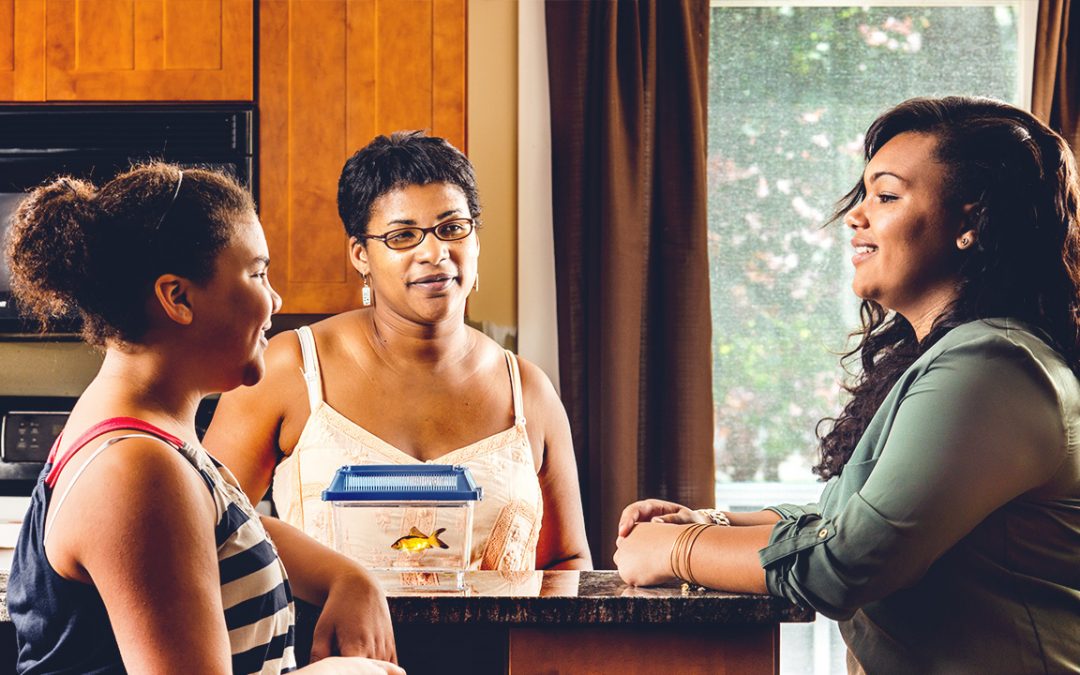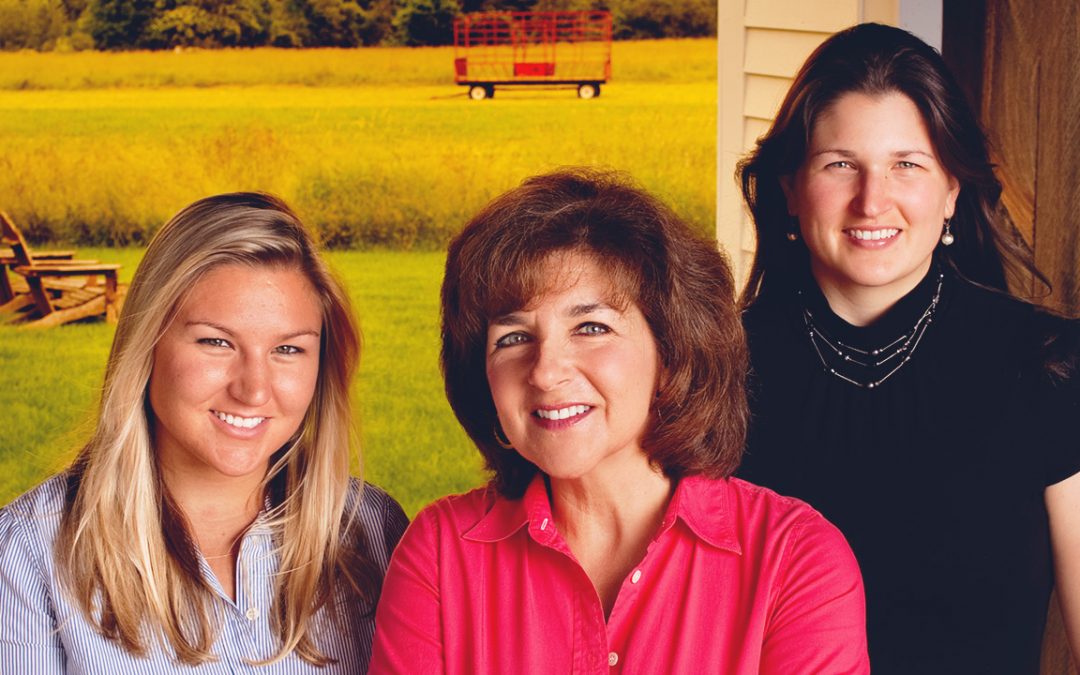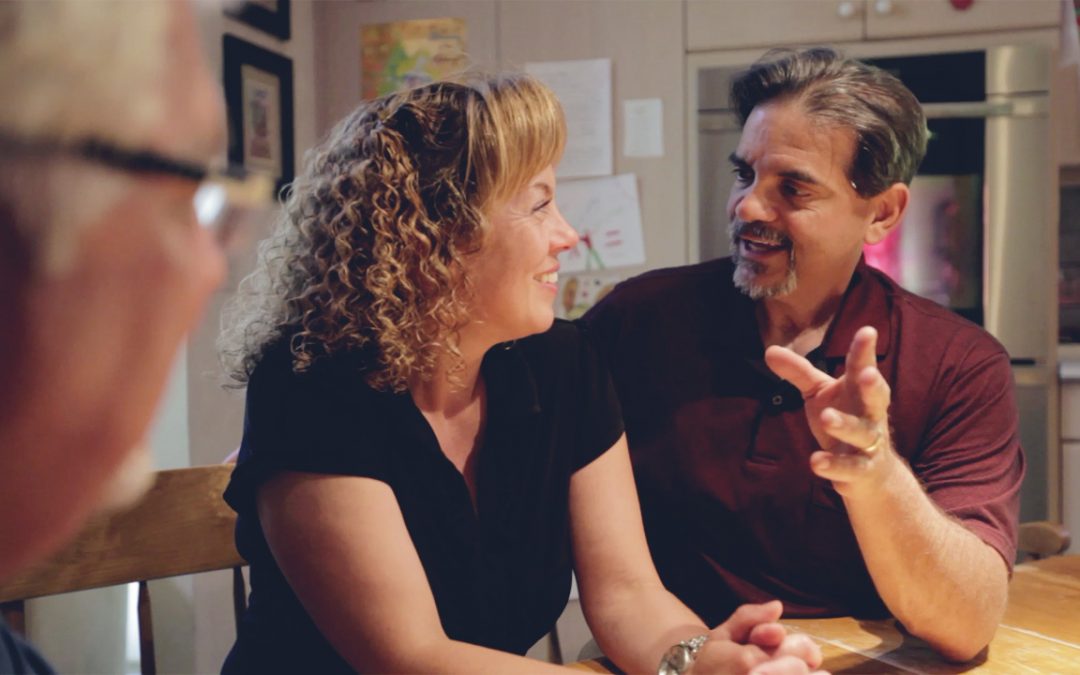
Giving a Family What It Needed
Don Wachtel loved fixing and refurbishing things, so it’s no surprise that he built a thriving tile business, channeling that passion into clients’ homes.
When insurance professional Chris Manfredi met Don, he recognized a kindred spirit. They were both in their 30s, raising families and working hard to grow their businesses. That’s why he made it a priority to help Don get a term life insurance policy, although they hoped he’d never have to use it.
Unfortunately, about a decade after he bought his coverage, Don began to have severe headaches and forgetting things. After several months, doctors finally diagnosed the problem: an inoperable brain tumor.
As the disease progressed, Don was unable to continue working. That’s when the policy’s waiver of premium rider kicked in, so he no longer had to pay the policy’s premium. This is also when Chris discussed the policy’s accelerated death benefit with the Wachtels. Because Don was not expected to survive his cancer diagnosis, the Wachtels were able access up to 50 percent of the death benefit while Don was still alive.
That money allowed the family to take memorable vacations and pay for some day-to-day living expenses. In addition, his wife, Tonia, was able to take a leave of absence from her job so she could care for Don at home. It was there that Don died at age 47, just 19 months after being diagnosed.
The remaining death benefit helped Tonia pay for the funeral and to stay at home with her two daughters for several months as they grieved. And it continues to make a financial impact. “Without life insurance, I would have had to go back to work immediately, get a second job, and we surely would have lost our home,” says Tonia.



